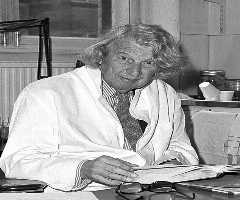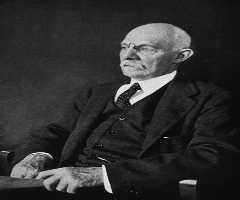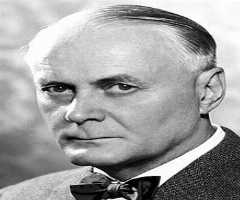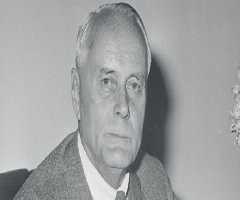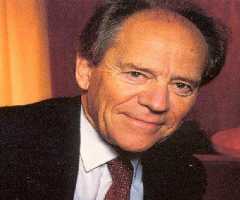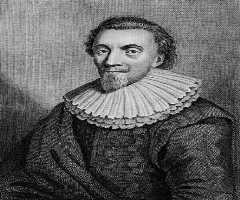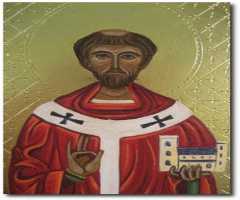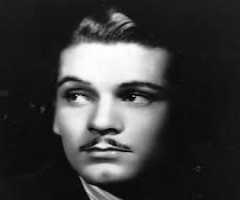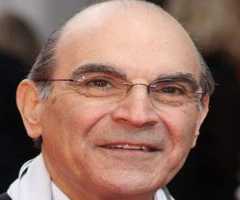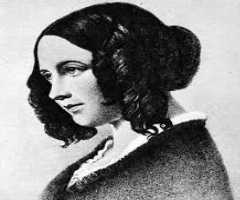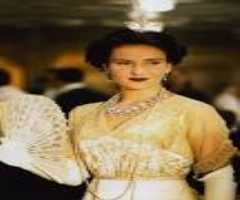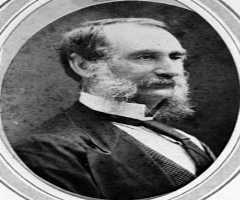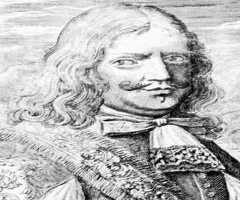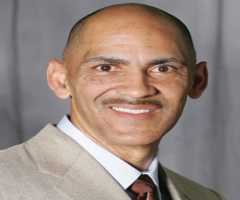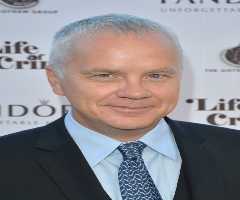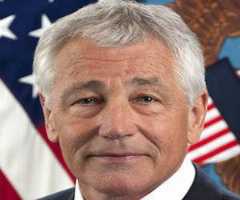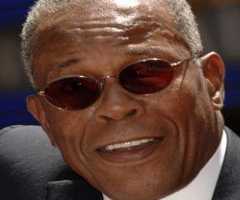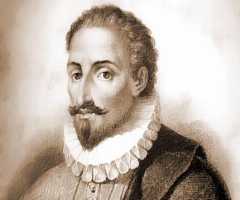Archibald Hill Biography, Life, Interesting Facts
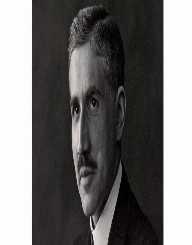
Birthday :
Died On :
Birth Place :
Bristol, England, United Kingdom
Zodiac Sign :
Archibald Hill was born on September 26, 1886. He was an English physiologist. In 1992, he received the Nobel Prize in Medicine for his discovery relating to the production of heat in the muscle. He dedicated his life to muscle physiology.
Early life
Archibald Hill was born on September 26, 1886, in Bristol in England. He attended Blundell’s School. He later enrolled at the Trinity College in Cambridge where he studied mathematics. He then started pursuing physiology.
Career
In 1909, Archibald Hill began researching physiology and also published a paper on the history of receptor theory in the same year. He used the Blix apparatus to conduct experiments on the heat production of contracting muscles. Through his research, he came up with the physics of nerve and muscles. In 1910, he received a fellowship at Trinity College. In 1914, he became a University lecturer in Physical Chemistry at Cambridge. During the First World War, he served as a captain and Brevet major. After the war, he went back to Cambridge where he began his research on the physiology of muscles.
In 1920, Archibald Hill became the Chairman of the Physiology at the Victoria University of Manchester. He later discovered the production of heat in the muscle. In 1923, he became the Jodrell Professor of Physiology at the University College of London. In 1926, he became the Foulerton Research Professor of the Royal Society. He was also in charge of the biophysics laboratory at University College. He penned books such as ‘Living Machinery’, ‘The Ethical Dilemma of Science and Other Writings’ and ‘Muscular Activity’ among other publications.
In 1933, Archibald Hill became a founding member of the Society for the Protection of Science and Learning. He was also the Vice President of the society. He was also the President of the British Society for the Advancement of Science. In 1955, he became the President of the Marine Biological Association.
Awards and achievements
In 1918, Archibald Hill became a Fellow of the Royal Society. He was also honored with the Officer of the Order of the British Empire. In 1922, he received the Nobel Prize in Physiology or Medicine jointly with Otto Fritz Meyerhof. In 1947, he was awarded the Medal of Freedom with Silver Palm. In 1948, he was awarded the Copley Medal of the Royal Society. In 1952, he became the President of the British Association.
Personal life
In 1913, Archibald Hill married Margaret Keynes with whom he had four children, Polly, David, Maurice, and Janet. He died on June 3, 1977, in Cambridge in England.
More Physiologists
-
![Johannes Purkinje]()
Johannes Purkinje
-
![David H. Hubel]()
David H. Hubel
-
![Charles Scott Sherrington]()
Charles Scott Sherrington
-
![Ragnar Granit]()
Ragnar Granit
-
![Edgar Adrian]()
Edgar Adrian
-
![Torsten Wiesel]()
Torsten Wiesel
More People From England
-
![George Calvert, Baron Baltimore]()
George Calvert, Baron Baltimore
-
![Rosamund Pike]()
Rosamund Pike
-
![Thomas Becket]()
Thomas Becket
-
![Laurence Olivier]()
Laurence Olivier
-
![David Suchet]()
David Suchet
-
![Nelly Ternan]()
Nelly Ternan

